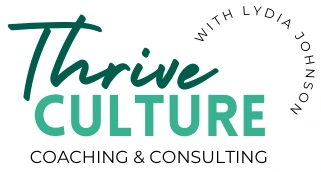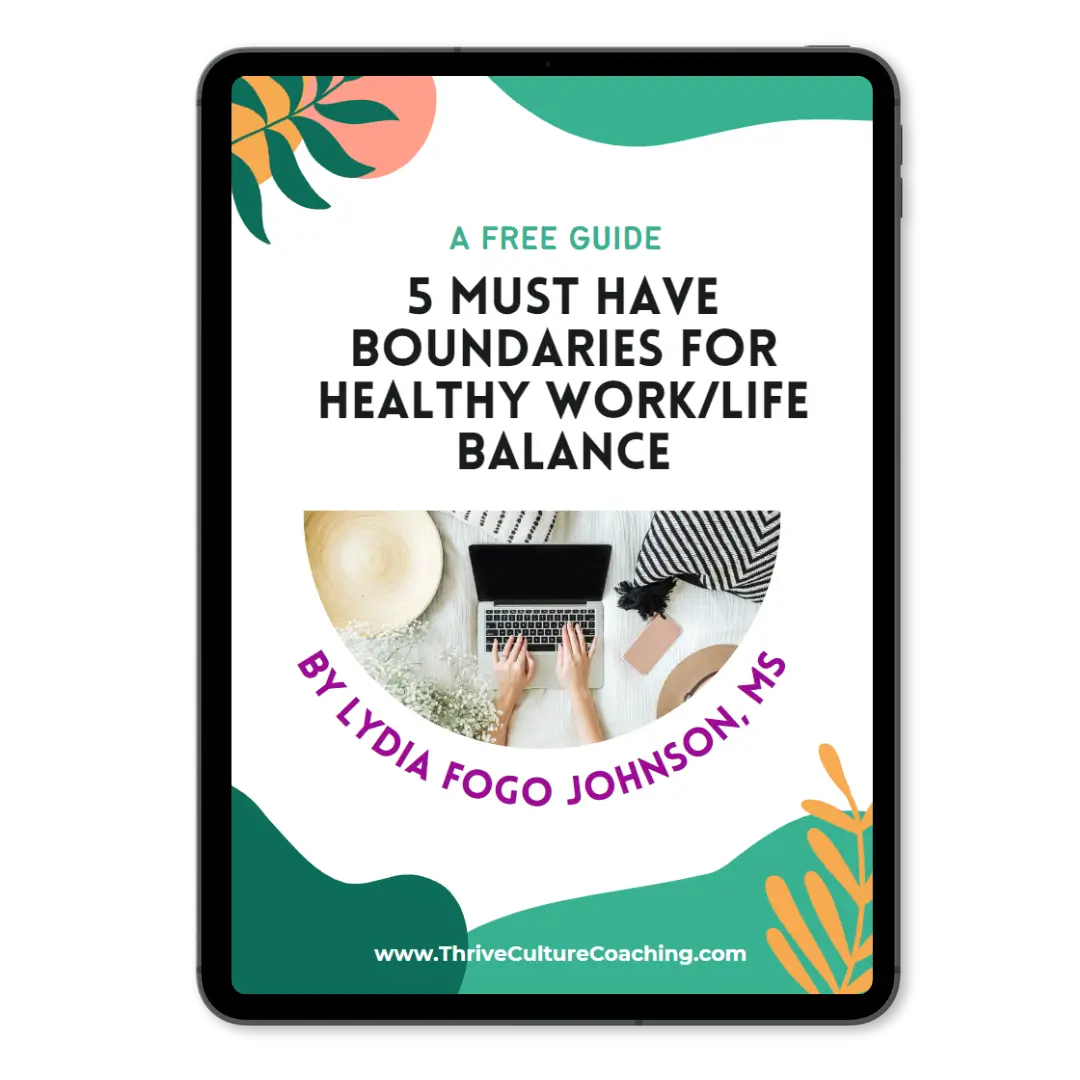Table of Contents
Finding a job that is a good fit for you from a cultural perspective and for your work/life balance needs is critical for your overall well-being.
Here are some practical tips for finding a job that meetings your needs when you’re searching for a job that won’t burn you out.
Research potential employers
When you’re looking for a job, it’s important to do your research and find out as much as you can about potential employers before you apply. One of the most important aspects to research is the company’s culture. This can include factors such as work/life balance, workload, burnout, and stress levels.
To learn more, consider looking at employee reviews on sites such as Glassdoor, Comparably, or Indeed. These websites allow current and former employees to leave anonymous reviews and ratings about their experiences working for a particular company. Pay attention to comments about work/life balance, workload, burnout, and stress, as well as any patterns you notice across reviews.

Evaluate company benefits
During your job search, you should pay special attention to the benefits offered by potential employers. Benefits can play a crucial role in work-life balance, as they can help you manage your time and responsibilities outside of work. Look for companies that offer flexible work arrangements, such as remote work or flexible hours, to help you better balance your work and personal life.
Other benefits that can contribute to work-life balance include paid time off, sabbatical programs, parental leave, wellness programs, and mental health support programs like employee assistance programs (EAPs). Don’t be afraid to ask about these benefits during the interview process, and take note of how the hiring manager responds to your questions.
You can typically find information about benefits via the company’s career page as well as the above-mentioned sites like Glassdoor.
Ask questions during the interview
When you’re interviewing for a job, it’s important to come prepared with questions for the hiring manager. This not only shows that you’re interested in the company, but it also gives you an opportunity to learn more about the company’s culture and work/life balance.
Some examples of questions to ask might include:
- Can you describe the company culture?
- What are the best parts and most challenging parts of this role?
- How does this company support work/life balance and prevent burnout?
- As a leader, how do you support your team to be happy and healthy in their work-lives and personal lives?
- How did this company respond to COVID-19 in terms of supporting employees? (I like this question because it gives context to how they supported employees during an unprecedented crisis. It may also provide visibility into how responsive and agile they are).
These questions can help you get a better sense of what it’s really like to work for the company and can give you some insight into how they prioritize work/life balance.
Notice what’s said (and not said)
During the interview process, pay attention to what’s being said – and what’s not being said. Sometimes you’ll have the opportunity to chat with other team members or employees during the interview process. Ask them questions and notice what they say – and what they don’t say.
For example, if you ask someone what they enjoy doing outside of work, and they say “Nothing, I don’t have time,” that might be a red flag. Similarly, if people seem hesitant to answer questions about work/life balance or stress levels, that might indicate that these are issues that the company doesn’t prioritize.
Use your network to your advantage
Another great way to get a sense of a company’s culture and work/life balance is to talk to people who currently work there, or who have worked there in the past. If you know someone who fits this description, consider reaching out and asking if they’d be willing to share their honest perspective with you. You’d be amazed at how insightful a 15-minute phone conversation can be.
If you don’t have any personal connections to the company, consider reaching out to people on LinkedIn or other professional networking sites. You might be surprised at how many people are willing to share their experiences and insights with you.
This strategy is also very helpful if you’re pivoting your career into a new field or industry. Take time to ask your network about pitfalls you should avoid when it comes to this new environment.
Trust your gut
At the end of the day, it’s important to trust your instincts when it comes to evaluating a company’s culture and work/life balance. If something feels off, pay attention to that feeling and try to figure out why.
For example, if everyone you talk to seems to be working long hours and doesn’t have much of a work/life balance, that might be a sign that the company isn’t a good fit for you. Similarly, if you get the sense that the company doesn’t prioritize employee well-being, that might be a red flag.
Don’t be afraid to walk away
Finally, remember that you don’t have to accept a job offer if you don’t feel like the company is a good fit for you. I know that sometimes there is a sense of urgency behind the job search process, but working at a job that isn’t a good fit for you will have a significant impact on your life, mental health, and well-being.
Need more help?
If you’re struggling to find a job that aligns with your work-life balance needs, consider reaching out to see if personal coaching is a good fit for you. Book a free consultation call with me today to learn more about how I can help you find a fulfilling, burnout-free job that meets your needs!
PS; if you’re feeling nervous about quitting your current job, check out this helpful blog post or download my free workbook to walk you through this process step-by-step




Share